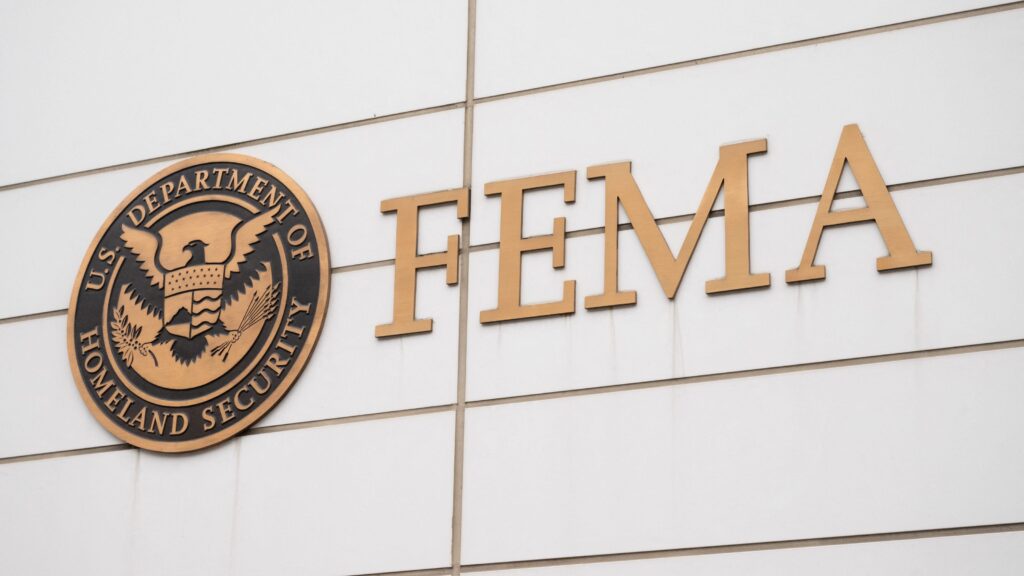President Donald Trump has sparked debate by suggesting the abolition of the Federal Emergency Management Agency (FEMA), a proposal that has raised concerns among lawmakers and officials. The president’s budget includes a $644 million cut to FEMA, drawing criticism primarily from Democrats who fear the implications of eliminating the agency. Despite Trump’s statements, acting FEMA administrator Cameron Hamilton expressed his opposition to dismantling FEMA, emphasizing the essential role it plays in disaster response and recovery efforts.
While some Republicans and officials echoed Trump’s sentiments about FEMA’s shortcomings, Democrats highlighted the vital support FEMA provides to states and local governments during emergencies. They argued that shifting responsibilities to underprepared entities could endanger communities and strain resources. The debate around FEMA’s future intensified as the agency faces staffing challenges and increasing strain on its resources, especially with the upcoming hurricane season looming.
Trump’s executive order established a review council to assess FEMA’s operations and potential reforms, aiming to optimize the agency’s effectiveness in providing federal assistance to states. As FEMA grapples with criticisms of its response to recent disasters like Hurricane Helene and the Los Angeles wildfires, concerns mount over its ability to meet the growing demands for disaster relief funding.
The discussion surrounding FEMA’s future underscores the complex balance between federal support and state responsibilities in disaster management, with stakeholders emphasizing the critical role FEMA plays in mitigating and responding to catastrophic events.

